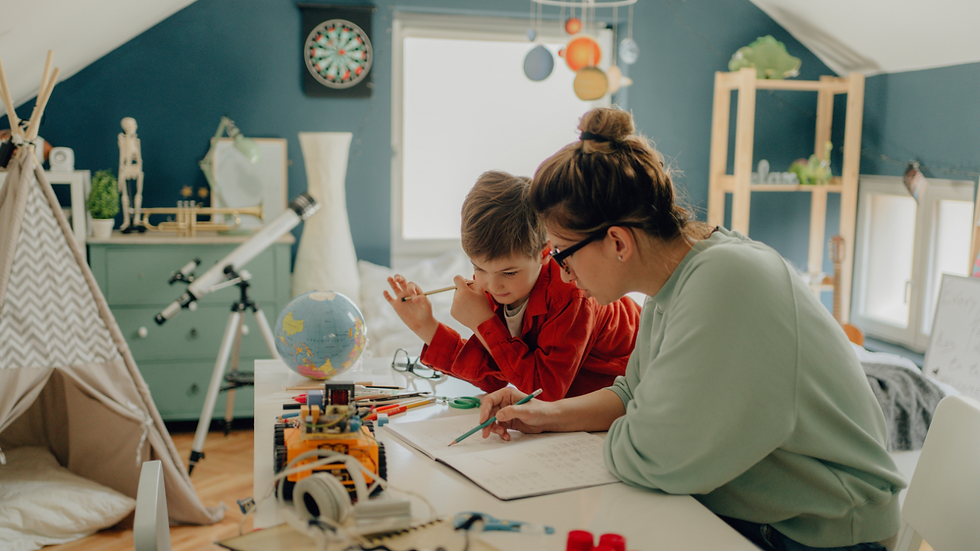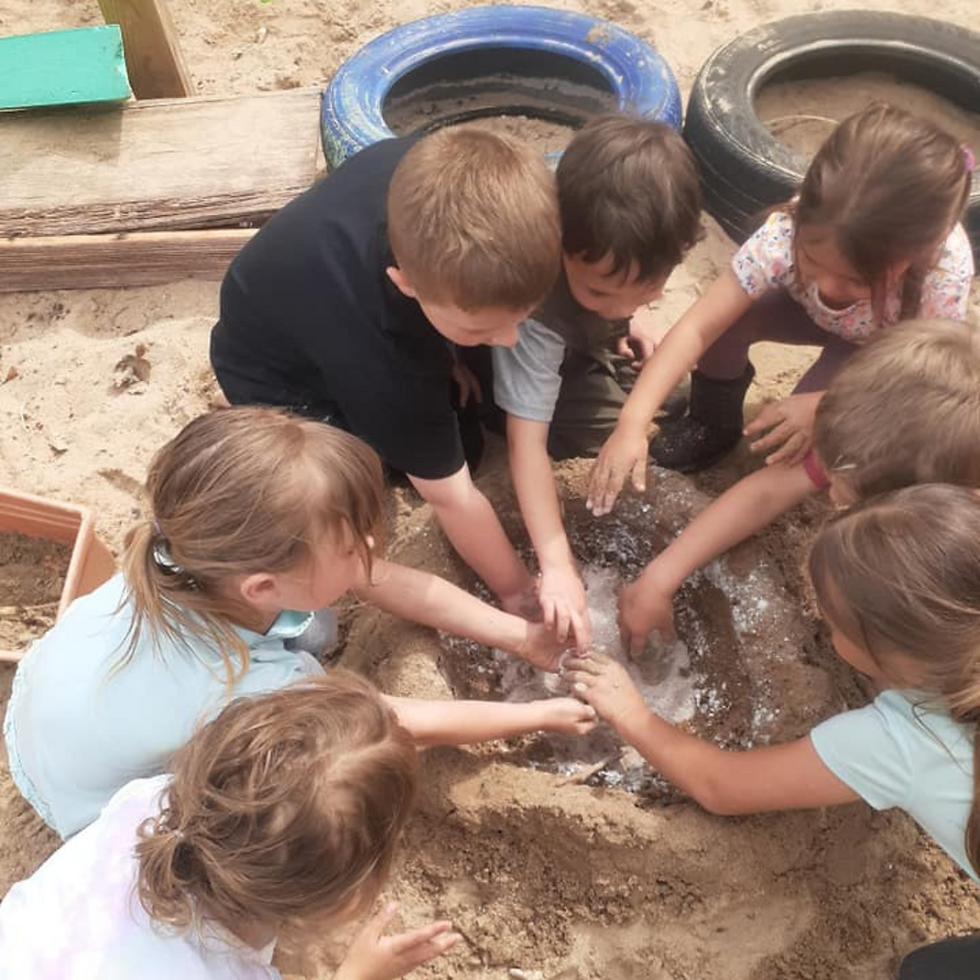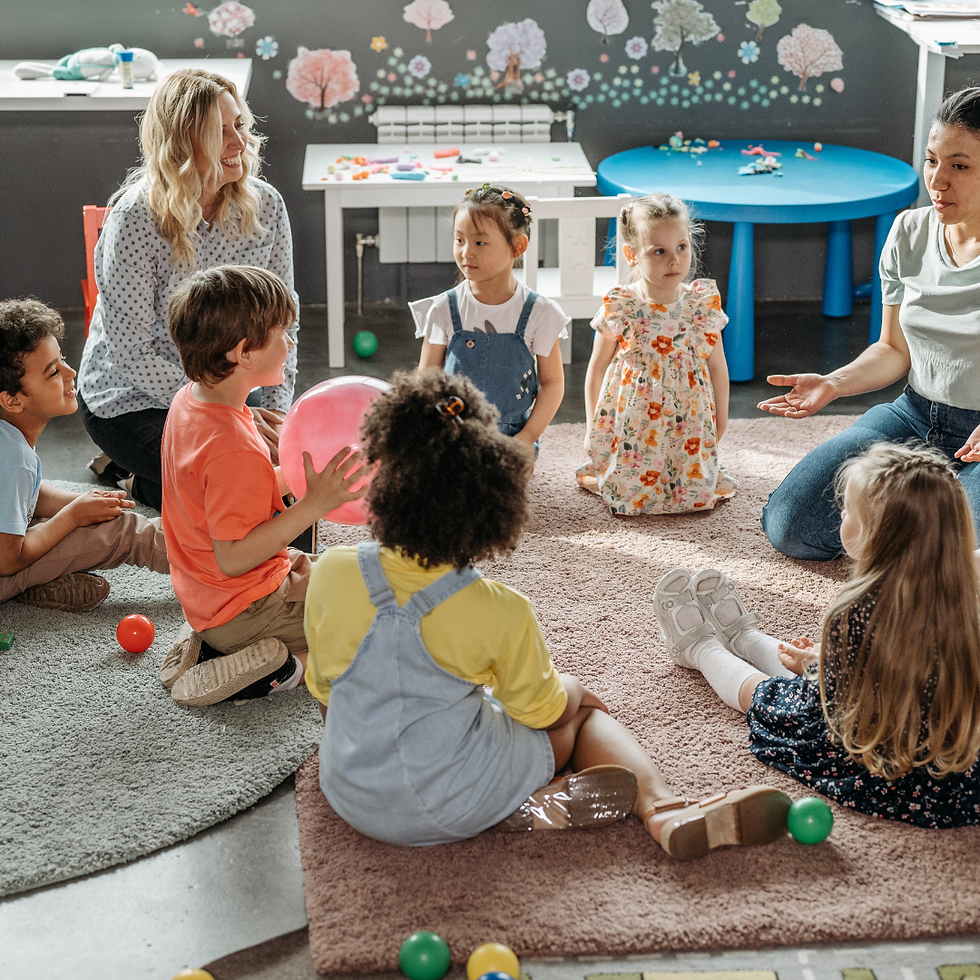This podcast was generated from the following episode of Kerry McDonald's LiberatEd Podcast: https://sites.libsyn.com/397037/the-fringe-has-become-the-fabric-becky-elder-and-dalena-wallace-on-homeschooling-and-microschooling

Introduction
In the realm of education, the fringe is becoming the cloth. This metaphor encapsulates the growing trend of homeschooling and microschooling, once considered alternative, now steadily moving towards mainstream acceptance. This shift is largely due to the changing dynamics of the educational landscape, fueled by technological advancements, societal changes, and the recent global pandemic. This blog post explores the insights of Becky Elder and Dalena Wallace, two proponents of these educational methods, and delves into the world of homeschooling and microschooling.
The Rise of Homeschooling

Homeschooling, as the name suggests, is an educational method where parents or tutors educate children at home rather than in traditional public or private schools. While homeschooling has been around for centuries, it has seen a significant surge in popularity in recent years.
The reasons for this rise are manifold. For some families, it's about having the flexibility to tailor the curriculum to a child's specific needs, interests, and pace. For others, it's about providing a safer, more nurturing learning environment. The COVID-19 pandemic has also played a significant role, as school closures forced many parents to take on the role of educators, leading to a newfound appreciation for homeschooling.
Microschooling: A Hybrid Approach

Microschooling, on the other hand, is a more recent development. It's a hybrid approach that combines elements of traditional schooling and homeschooling. Microschools are small, usually home-based, and have a low student-to-teacher ratio. They offer personalized learning experiences, much like homeschooling, but also provide opportunities for socialization and collaboration, akin to traditional schools.
Microschooling is gaining traction as it offers a middle ground for parents who want the benefits of homeschooling without completely isolating their children from the social aspects of traditional schooling. It also provides a viable solution for working parents who may not have the time or resources to fully commit to homeschooling.
The Fringe is Becoming the Cloth

The phrase "the fringe is becoming the cloth" perfectly encapsulates the current shift in the educational landscape. What was once considered an alternative, unconventional method of education is now becoming a viable, and often preferred, choice for many families. This shift is not just a trend, but a response to the evolving needs of students in the 21st century.
The traditional one-size-fits-all model of education is increasingly being challenged. Parents and educators alike are recognizing that children have diverse learning needs and that these needs may not be adequately met in a traditional classroom setting. Homeschooling and microschooling offer the flexibility and personalization that are often missing in conventional schools.
Conclusion

As we navigate the changing landscape of education, it's clear that the fringe is indeed becoming the cloth. Homeschooling and microschooling, once considered outliers, are now part of the fabric of educational choices available to families. They represent a shift towards more personalized, flexible, and child-centered learning experiences.
While these methods may not be for everyone, they offer valuable alternatives to traditional schooling. They remind us that when it comes to education, one size does not fit all, and that's okay. After all, diversity in education not only caters to the varied learning needs of students but also fosters innovation, creativity, and resilience - skills that are crucial in our rapidly changing world.
As Becky Elder and Dalena Wallace have shown, the future of education may not lie solely in the traditional classroom but in various forms of learning that cater to the unique needs and potentials of each child. The fringe has indeed become the cloth, and it's a vibrant, diverse, and inclusive one at that.

Comentarios